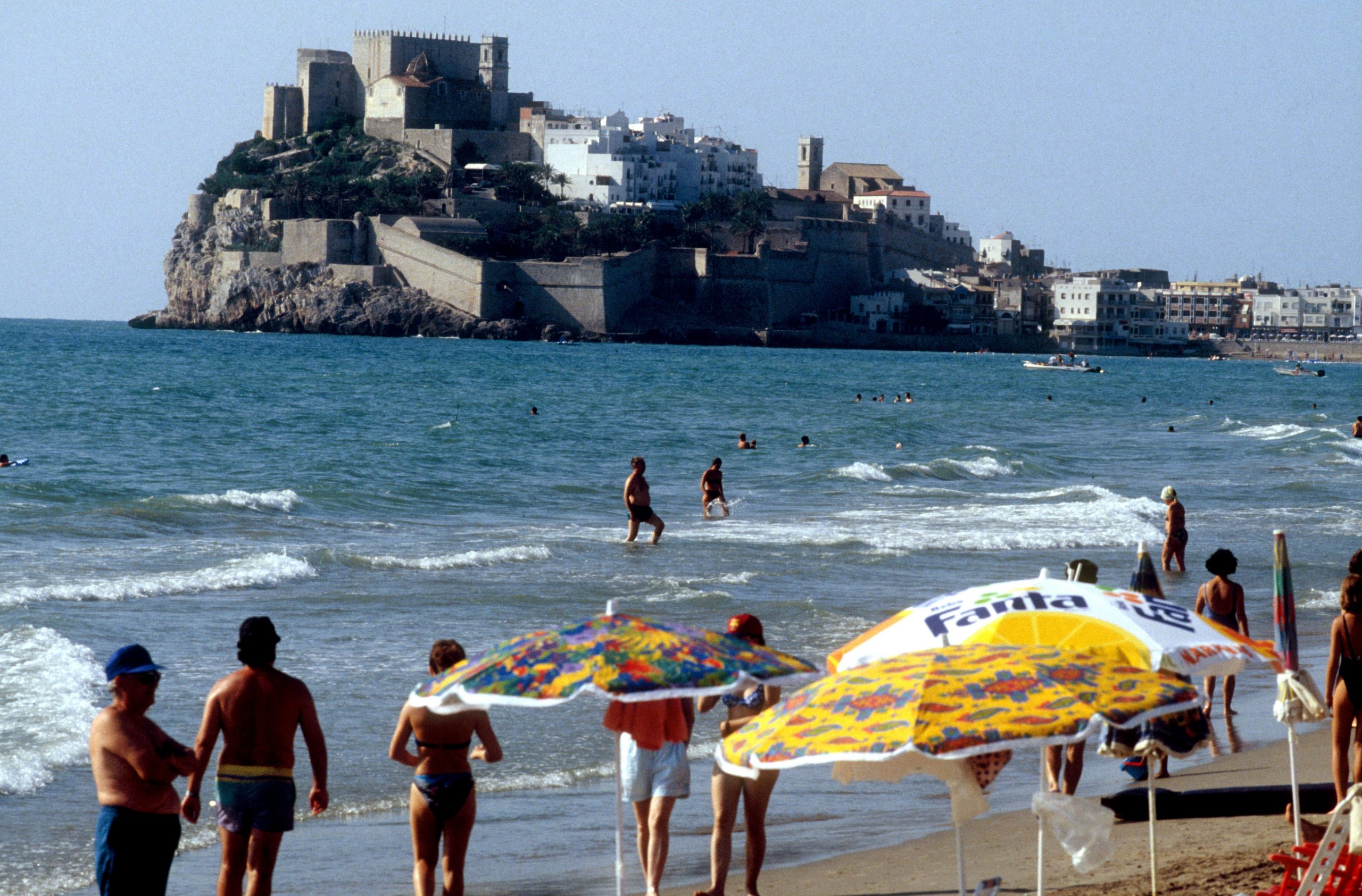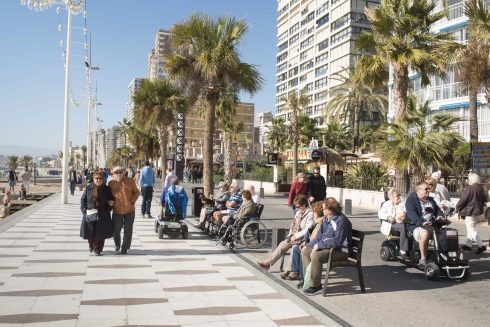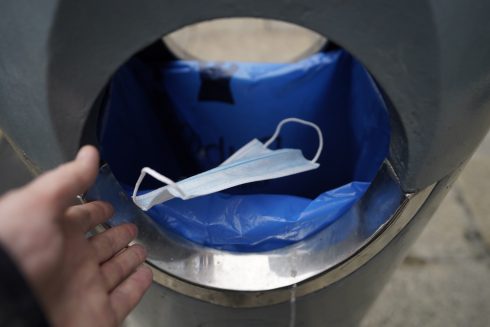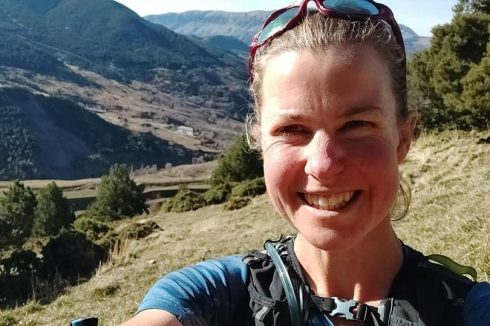THE mayor of Peñiscola (Castellon) is calling on the Valencian Health authorities to calculate current COVID infection rates more accurately in tourist hotspots where the population multiplies over the summer.
According to Andres Martinez, applying analysis methods drawn up in January to the current situation is ‘unrealistic and frightening’ given the huge increase in people that descend on the town in July and August.
The council leader has issued a formal request to the regional Healthcare department to revise the ‘accumulated incidence’ rate in popular holiday resorts such as Peñiscola, Gandia, Benidorm or Denia as the percentage of positive cases per inhabitant registered in January is completely different compared to the summer months.
In other words, COVID infection percentages worked out according to population numbers at the beginning of the year are much higher than they should be now.
According to January calculations, Peñiscola had an accumulated incidence of 21, which when applied to the population back then gave an average of 273 cases per 100,000 inhabitants, classing the town as ‘extreme risk’.

However, when applying the same rate to the current population, the percentage drops to 42 cases for every 100,000 people – much lower than the threshold set by the authorities.
This distortion, says Martinez, leads to vital decisions regarding emergency protocols such as local nocturnal curfews and perimeter closures being taken based on outdated statistics.
It also has a negative impact on the image of these towns and undermines their efforts to portray themselves as COVID-safe destinations at this incredibly delicate and decisive time, severely affecting the economy and particularly the hospitality trade.
Andres Martinez points out that similar steps have been taken in other areas of Spain such as Cadiz and Ceuta, where the regional executives have taken into account the summer population surge.
READ MORE:
- WELCOME TO CASTELLON: Why you should visit the northern province of Spain’s Valencia region this summer
- COVID-19 restrictions will remain during August peak tourist period for the Costa Blanca and Valencia areas of Spain










